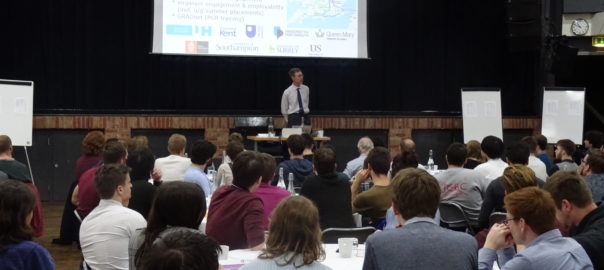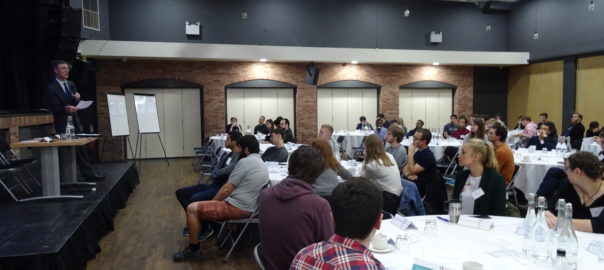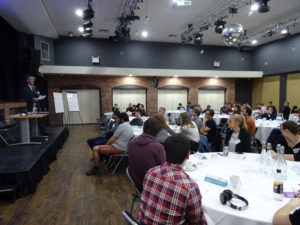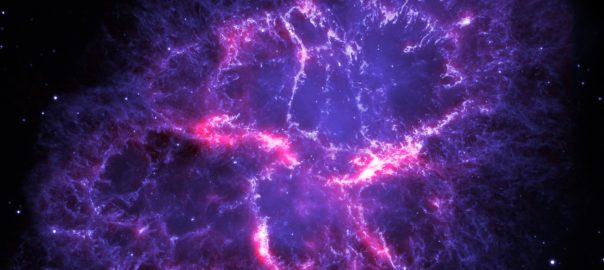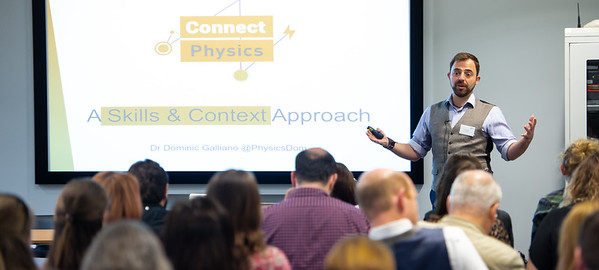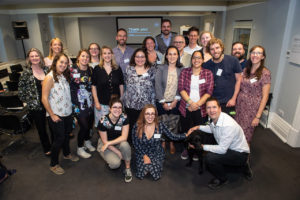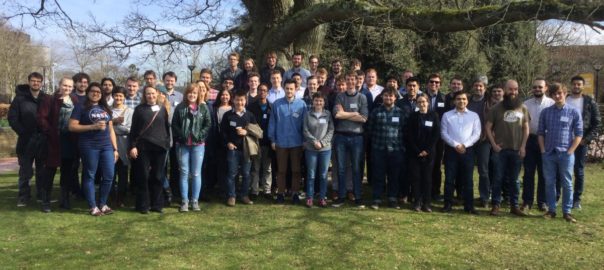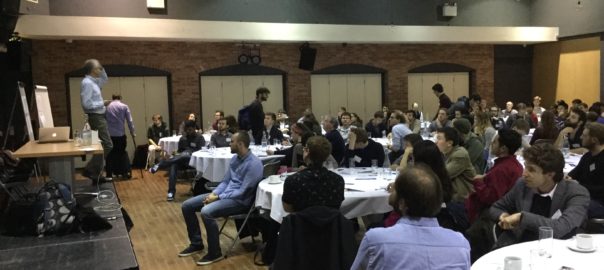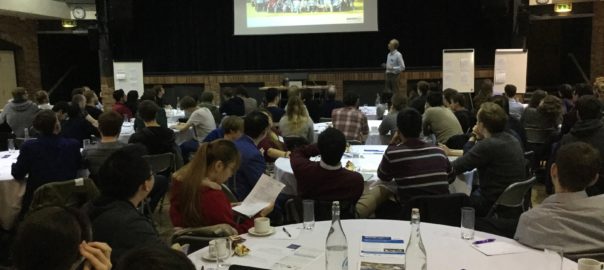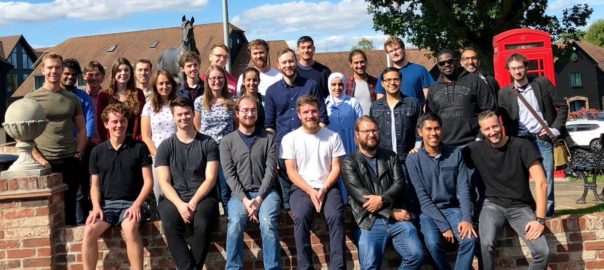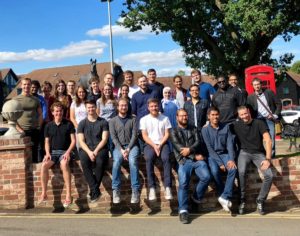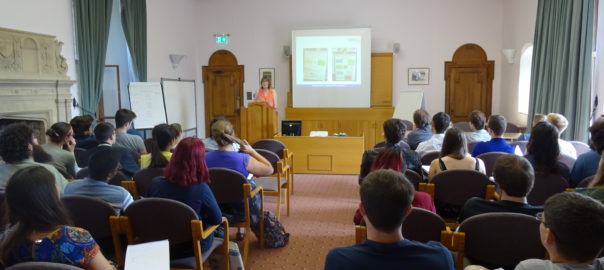Over 120 first year postgraduate researchers attended the GRADnet Induction day on 24 October 2018 in central London. This was a great opportunity for students to meet fellow SEPnet postgraduate researchers from around the region.
Students chose two out of 4 workshops to attend and the feedback was mainly very positive.
Getting your research published presented by Sarah Whitehouse and Tom Sharp: Institute of Physics: “Good session, very informative, with good pacing and tips!”
Python presented by Dr Tim Kinnear and Leon Schoonderwoerd, University of Kent: “Really well presented! Clear to understand and follow for someone who has no knowledge of coding before”
Introduction to research data management presented by Dr Alice Motes, University of Surrey and Dr Juan Bicarregui, Science Technology Facilities Council: Very eye-opening, reminds you of aspects of data-based research that can easily be overlooked. Very interesting to see the solutions and ideas involved in open science.”
Science Communication Skills presented by Dr Martin Archer, QMUL and Cordelia Scott, University of Portsmouth: “Good at introducing ways to get involved in public engagement tips on giving talks. Lots of interaction to give first taste of communication planning and set up.”
Thank you to all our presenters and to Cristobel Soares-Smith, Graduate Network Administrator for organising this event.

